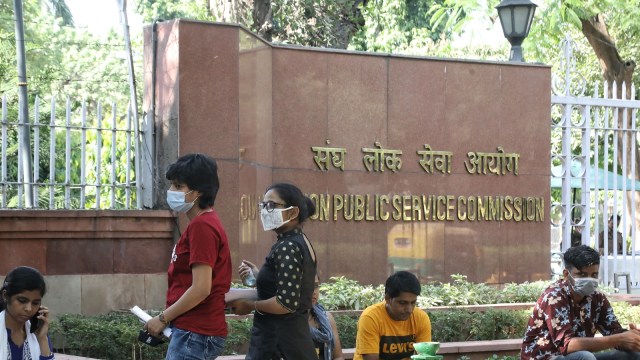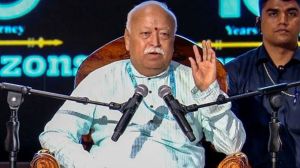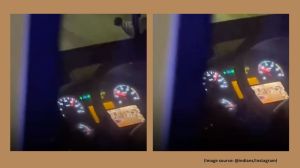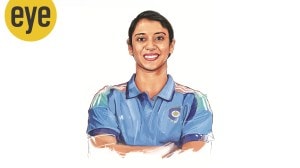UPSC to overhaul its exam system amid NEET UG and Puja Khedkar rows
UPSC has invited bids from PSUs to provide technology services during CSE and other exams conducted by it.
 Following is a breakdown of the list of examinations to be conducted in 2025 and the one that are revised are marked in bold (Express file photo by Abhinav Saha)
Following is a breakdown of the list of examinations to be conducted in 2025 and the one that are revised are marked in bold (Express file photo by Abhinav Saha)Aadhaar-based fingerprint authentication, facial recognition of candidates, and live Artificial Intelligence-based CCTV surveillance are among the measures that the Union Public Service Commission (UPSC) now plans to introduce to prevent “cheating, fraud, unfair means and impersonation” during the examinations that it conducts.
This comes in the wake of the case of trainee IAS officer Puja Khedkar who is facing a UPSC probe for allegedly “faking her identity” to flout appearance norms for the Civil Service Exams. UPSC’s plan also comes close on the heels of a row over the National Testing Agency’s (NTA) conduct of examinations including the NEET-UG exam.
UPSC has now invited bids from PSUs to provide technology services during the examinations conducted by it. The services that have been listed in the tender recently floated by the Commission include Aadhaar-based fingerprint authentication (else Digital Fingerprint Capturing) and facial recognition of candidates; QR Code Scanning of e-Admit Cards, and live AI-based CCTV surveillance service.
The tender documents also say that the exam schedule, detailed list of exam venues, and the number of candidates for each venue will be provided by the UPSC to the provider of these technology services two to three weeks before the examination “for making on-site preparation”. UPSC will also provide candidate details (name, roll number, photo etc.) seven days before the exam for use in fingerprint authentication and facial recognition.
The service provider will have to deploy QR code scanner-integrated hand-held devices along with sufficient manpower at every examination centre and the QR code on the admit card will be scanned to auto-fetch the candidate’s details from the database provided by UPSC.
“At the time of mains examination/interview/verification process as scheduled by UPSC, the service provider must verify the identity of the candidates from the candidate data captured during the initial stages of the examination,” the document added.
CCTVs are to be deployed in every exam hall or room “to monitor various activities of the candidates and other persons deployed to conduct the Commission’s examinations.”
Including the Civil Services Examination (CSE), the UPSC conducts 14 exams in a year, along with recruitment tests and interviews for induction to Group ‘A’ and Group ‘B’ posts of the Government of India, according to the tender documents.



- 01
- 02
- 03
- 04
- 05




























